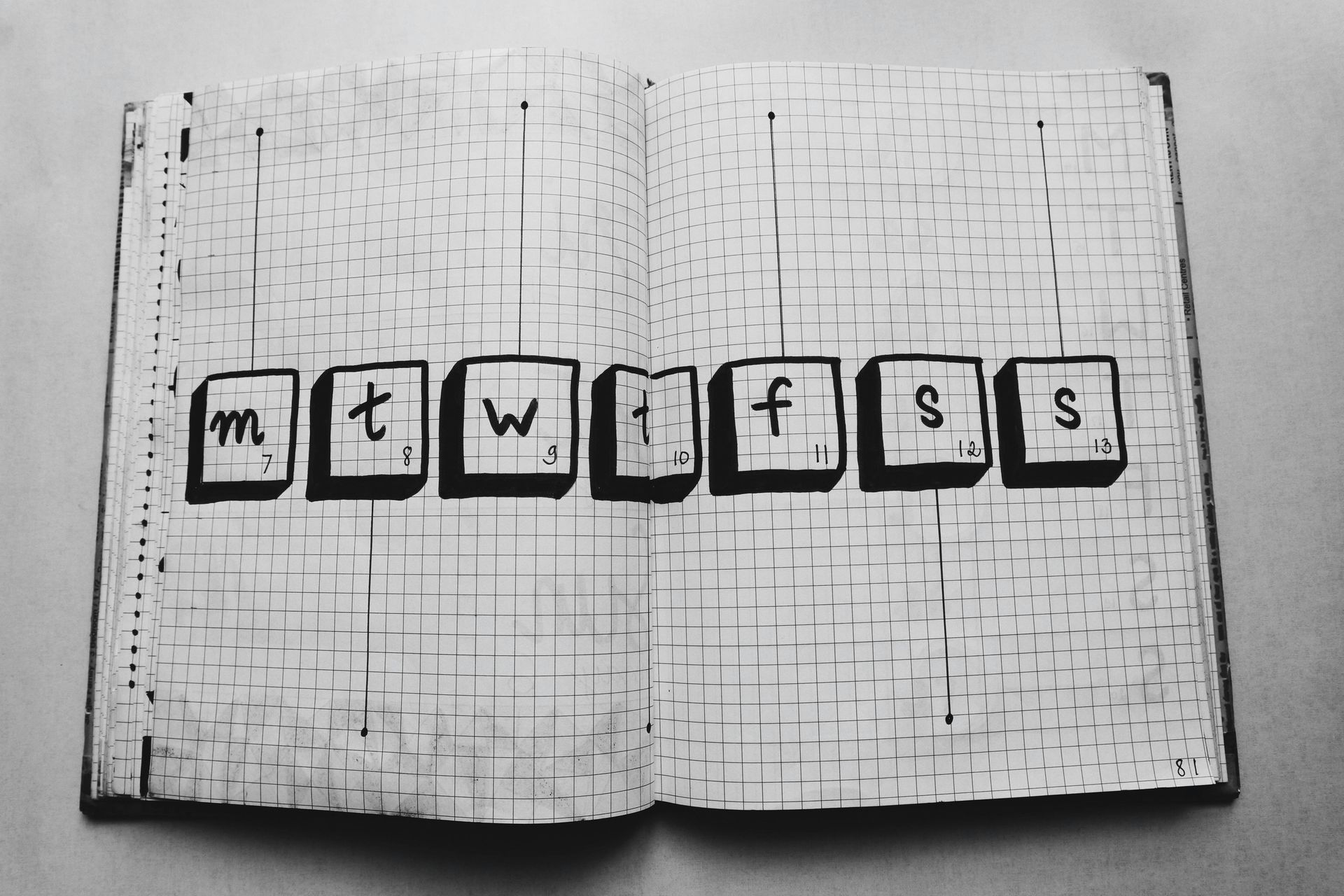How To Deal With A Disciplinary
January 17, 2024
It’s inevitable that in any business the day will come where you will have to deal with misconduct in a formal setting and the truth is that this can seem daunting.
However, dealing with issues as and when they arise in your business is vital and doesn’t have to be scary. Here’s our simple 6 step process to ensure you get it right.
1 - Get your policy right and follow it
If something does go wrong and you are in the unfortunate situation of having to discipline an employee, you must refer to your own disciplinary policy and procedures. By following your own internal procedures you’ll ensure that you’re always taking a consistent approach and you’ll avoid any claims in relation to breach of contract or failure to follow your own internal policy. Your disciplinary process must follow minimum statutory guidelines and you should always seek professional advice when writing your disciplinary procedures as mistakes can be costly.
2 - Investigate thoroughly
This part of the process is important to get right. When conducting an investigation, you must collect and collate all relevant information on the alleged misconduct. This includes looking in the right places (for example, CCTV, internal systems), speaking to the right people (for example, witnesses to any alleged misconduct) and most importantly keeping records and writing down all the evidence that you identify as part of your investigation.
Dependent on the alleged misconduct you may also want to consider suspending the employee whilst you investigate.
3 - Invite the employee to a formal hearing
You must formally write to the employee concerned to invite them to a grievance hearing and in this communication, you must include your concerns in relation to the alleged misconduct. It’s important to get the phrasing and wording in this communication just right. You should provide enough information to ensure that the employee knows exactly what the alleged misconduct is so that they know what they will have to defend.
Always remember that employees have the right to bring a companion to any formal hearing meeting and you must inform them of this right in advance.
4 - Conduct a formal hearing
At the formal hearing meeting set out the alleged misconduct and ask the employee for explanations and any evidence that they would like to be considered. Always adjourn the meeting before delivering an outcome to ensure you have time to consider your response.
Where possible have another independent party present to act as a note taker remembering to circulate a copy of the notes to all parties after the meeting as a record of what was discussed.
5 - Provide an outcome
Reflect on the information gathered as part of the investigation and the information presented to you in the formal hearing by the employee. Decide on the appropriate outcome which may range from a 1st written warning to dismissal and confirm this in writing to the employee, giving them the right to appeal your decision.
6 - Hold an appeal
If the employee does appeal an appeal hearing should be held by somebody more senior than the manager that originally concluded the investigation and, who is not connected to the case in any way. At the appeal hearing the employee should present any new evidence to show that the original decision was not the right one, an appeal hearing is not an opportunity for the case to be reheard. If you are a small business and don’t have a higher point of escalation you can use an external HR Consultant to hold the appeal meeting.
If you are unsure of what action to take or if you need help with a tricky disciplinary situation contact us
today.



